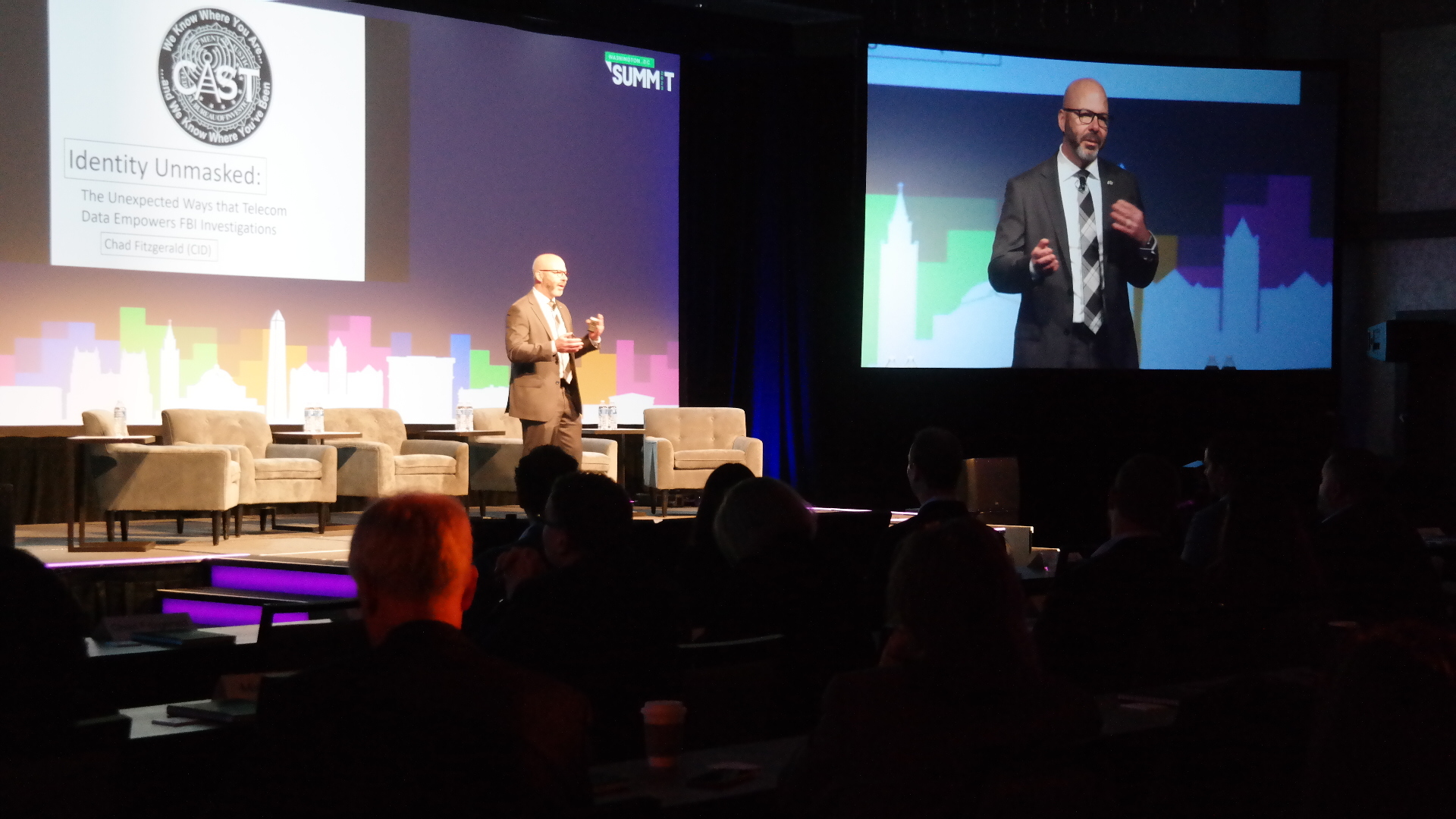-
Fraud Mitigation & Data Integrity
Essential tools for trust, integrity, fraud prevention & regulatory compliance.
- Driving Confidence in Telecom Through the Trust Framework
- RealNumber DNO – Prevent Fraud on Voice & Text
- RealAgent – Avoid Potential TCPA Violations
- RealBrand – Reinforce a Phone Number’s Identity & Reputation
- Global Number Range – Gain Authoritative Number Intelligence
- Live Status – Query Real-Time Mobile Number Intelligence
- Number Portability Query – Access Accurate Local & Global Number Portability Details
-
Routing Optimization
Gain access to authoritative routing data to create the ultimate routing intelligence for your traffic.
-
Number Administration
Empowering connectivity as the FCC appointed administrators for critical numbering registries.
-
Connected Device Intelligence
Gain total transparency to your IoT assets’ current state and vulnerabilities.
Insights
Harnessing Data and Collaboration for Safety: A Glimpse into Modern Investigations
In a groundbreaking session at the 2023 Somos Summit, Chad Fitzgerald of the FBI's Cellular Analysis Survey Team (CAST) revealed the extraordinary – and surprising! – ways that the collaboration between the telecom industry and law enforcement is transforming the landscape of investigations and security.
"We must understand your language, how the data works, and how it can save lives."
During the session Identity Unmasked: The Unexpected Ways that Telecom Data Empowers FBI Investigations, Chad provided a unique glimpse into the symbiotic relationship between the telecom industry and the FBI. Specifically, he discussed how telecom-specific data plays a pivotal role in solving complex cases and keeping our communities safe.
The power of collaboration was highly stressed by Chad, who noted how crucial it was for the two organizations to work hand in hand to leverage the potential of telecom data effectively (and lawfully, of course). "As long as we know the data is there and we can access it through legal processes, we can make a difference," stated Chad.
 To underscore the gravity of telecom data in investigations, Chad provided a few real-life examples where telecom data was instrumental in tracking down suspects, uncovering illicit networks and/ or preventing potential threats. He kicked off the conversation by highlighting a non-criminal use case. In the first scenario, Chad discussed how telecom data, such as cell tower pings, has been used to locate a missing individual – demonstrating that it's not always about solving crimes but also potentially saving lives!
To underscore the gravity of telecom data in investigations, Chad provided a few real-life examples where telecom data was instrumental in tracking down suspects, uncovering illicit networks and/ or preventing potential threats. He kicked off the conversation by highlighting a non-criminal use case. In the first scenario, Chad discussed how telecom data, such as cell tower pings, has been used to locate a missing individual – demonstrating that it's not always about solving crimes but also potentially saving lives!
Next, Chad presented two especially striking crime-based case studies:
In the Chelsea bombings case, mobile phones were used as timers for explosive devices. By delving into the histories of the rigged cell phones, the FBI was able to trace the phones based on data derived from several sources including carrier (AT&T), manufacturer (Samsung) and registrations (warranties, point of purchase, etc.). From this information, the FBI was able to connect the phones with their owners, which ultimately led to determining who the culprits were.
In the aftermath of the Boston Marathon bombing, Chad shared how telecom data was instrumental in pinpointing the perpetrators. In this case, while video surveillance footage provided a visual depiction of the bomber, it didn’t provide any details as to who the person was. The eureka moment came when authorities noticed the person had taken a cell phone call a few minutes after the explosion. The FBI obtained data for the cell phones in the area – all 262,000 of them! – and analyzed the data to reveal where calls that day were placed as well as their duration. Based on this data, the FBI was able to narrow down the list of potential suspects and, eventually, ID the bomber.
In addition to the advantages of leveraging telecom data in FBI investigations, Chad also discussed some of the challenges he’s encountered. One of the most commonly faced challenges he cited was associating true identities with phones. While call data can be used to extract IP addresses (and in turn, locate someone), more and more often, criminals are masking their IP addresses, thus hiding their actual location.
"The data our industry gathers is helping keep us safe."
It’s clear that collaboration between telecommunications and law enforcement is changing the game in the world of security and safety. As FBI CAST Special Agent Chad Fitzgerald demonstrated, understanding the potential of this data and the collaborative efforts between the two entities are crucial to unlocking the power of telecom data for the greater good.
To learn more about the 2023 Somos Summit and to gain access to on-demand recordings, visit www.somos.com/summit.
Stay Connected
Stay in touch! Sign up for our monthly newsletter.
Need to reach us sooner? Call, text, or email us at:
844.HEY.SOMOS help@somos.com